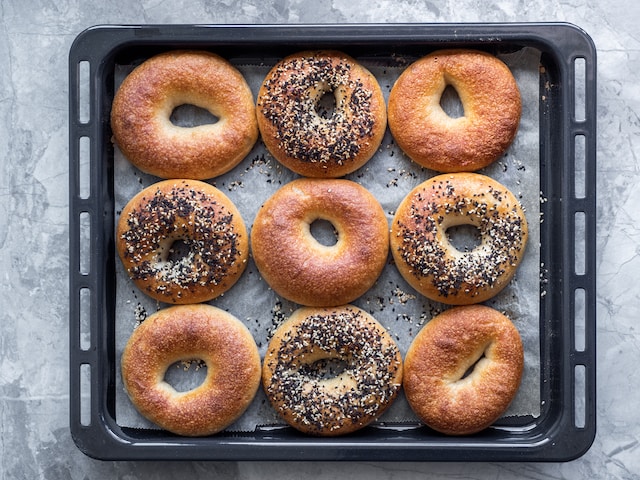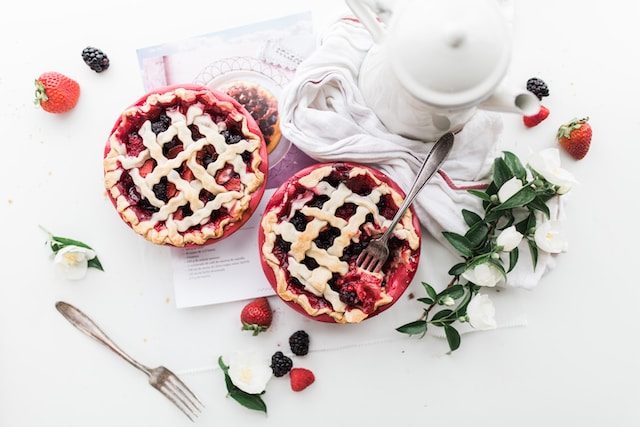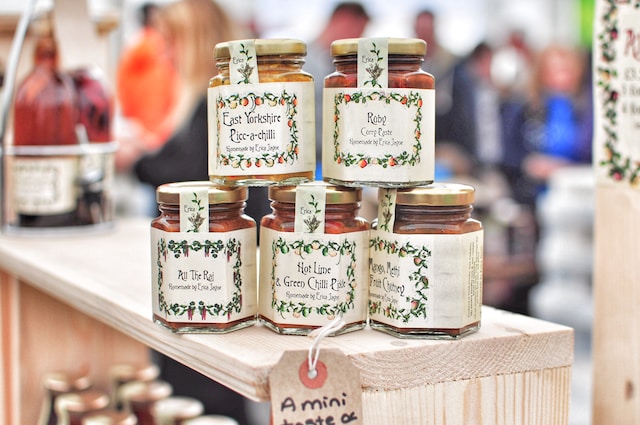Are you a food producer in Maryland looking to sell your products? If so, you need to know about Maryland cottage food law, which regulate the sale of certain types of food. In this article, we’ll explain what Maryland cottage food law is, which foods are allowed to be sold, and the steps you need to take to comply with the law.
What are Maryland Cottage Food Laws?
Maryland cottage food laws are regulations that govern the sale of certain types of food produced in a home kitchen. These laws do not require permits or licensing, but there are limitations. A cottage food operation’s annual revenues cannot exceed $50,000.
What can I sell under Maryland Cottage Food Law?
Under Maryland cottage food laws, the following categories of non-potentially hazardous foods may be sold:
1. Baked Goods

- Bagels
- Biscuits
- Breads
- Brownies
- Cakes without perishable icing or fillings
- Cookies
- Cupcakes without perishable icing or fillings
- Granola bars
- Muffins
- Pastries
- Tortillas
- Buns without perishable icing
- Cookies, brownies, breads, muffins baked from a
commercially prepared mix (without perishable icings or
fillings) - Sourdough bread, rolls, etc.
2. Candies
- Brittles
- Freeze-dried non-potentially hazardous commercial candies
- Gummy bears
- Lollipops
- Toffee
- Marshmallows (with non-potentially hazardous ingredients)
3. Chocolate Confections/Candies
Chocolate must made from commercially manufactured chocolate, or made from commercial non-potentially hazardous ingredients such as cocoa powder, coconut oil, and honey. All chocolate fillings must be from a commercial source and must be non-potentially hazardous.
- Chocolate peanut butter cups
- Chocolate-covered dried fruits
- Chocolate-covered caramels
- Chocolate covered marshmallows
- Chocolate covered nuts
- Chocolate covered pretzel
4. Fruit Products

Fruit products include fruit leathers, pies, turnovers, hot-filled jams, jellies, preserves, and fruit butters from fruits with a natural pH of 4.6 or below:
- Apples
- Apricots
- Blackberries
- Blueberries
- Boysenberries
- Cherries
- Cranberries
- Grapes
- Nectarines
- Oranges
- Peaches
- Prunes
- Quince
- Raspberries
- Red currants
- Strawberries
- Tangerine
5. Snacks (non-perishable)
- Kettle corn
- Popcorn balls
- Nuts
- Popcorn
- Cereal Mixes
- Granola Mixes
- Trail Mixes
6. Whole roasted coffee beans
What are non-potentially hazardous foods?
In simple terms, a non-potentially hazardous food is one that does not require refrigeration to remain bacteria-free.
Cottage Food Labeling Requirements

Under Maryland cottage food law, you must label the food you produce in your home kitchen with the following:
- The name and address* of the cottage food business;
- The name of the cottage food product
- The ingredients (and sub-ingredients) of the cottage food product in descending order of the amount of each ingredient by weight;
- The net weight, count, or net volume of the cottage food product;
- Allergen information as specified by federal labeling requirements
- Nutritional information as specified by federal labeling requirements, if any health or nutritional information claim is made
- This statement in 10pt font or larger: “Made by a cottage food business that is not subject to Maryland’s food safety regulations.”
- For cottage food products sold at retail stores, labels must additionally include: The phone number and e–mail address of the cottage food business and the date the product was made.
Where can you sell cottage food products in Maryland?
As a cottage food producer in Maryland, you may only sell your food within the state of Maryland. You can sell cottage food products directly to a consumer from your residence, at a farmer’s market, at a public event, by personal delivery, by mail delivery, or to a retail food store.
Take orders and arrange deliveries and pickups with ease by signing up for Airmart. Airmart is the best e-commerce software for food producers, helping vendors of all sizes reach more customers, increase their sales, and grow their businesses!